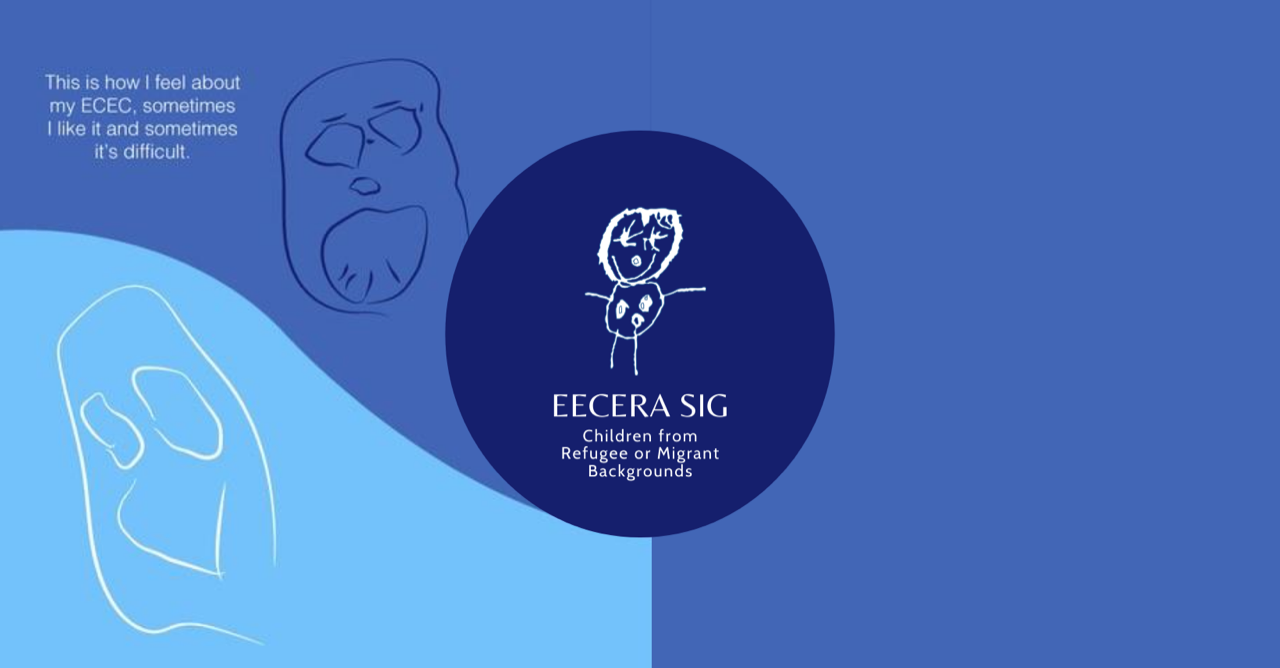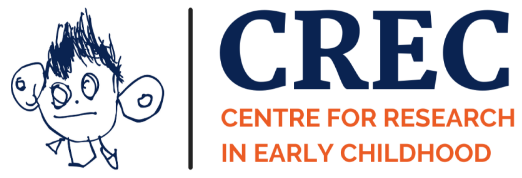Children from Refugee & Migrant Backgrounds
Our Mission
To respond to EU and World expectation making ECEC institutions which enhance a sense of belonging specifically for children from refugee, asylum-seeking and migrant backgrounds. To transform ECEC settings into quality agencies, which are culturally appropriate, safe, welcoming and inclusive societies to achieve better outcomes for refugees and migrant children, and their families. Expand further understandings for the Early Childhood and Education Care workforce, enhance culturally relevant pedagogy and empower ECEC as a sustainable solution for increasing migration challenges.
Develop a partnership that will allow applications for various types of funding (Horizon, EEA, NordFORSK, Erasmus +) to pursue collaborative research projects to build on existing studies and further develop an emerging body of knowledge around the experiences of refugee, asylum seeking children and their families who have experienced Forced Migration from an international Early Education perspective.
About Us
We are five women who collectively work and conduct research within the field of early years. Our common commitment is to support children and families of refugee or migrant backgrounds within the early years.
Education Toolkit
Inclusive Education for Refugee and Migrant Children. A Resource for Early Childhood Education and Care Settings
Webinar
This webinar supports understanding and implementation of the educational toolkit, that you can find here.
Meet our Collaborators
-
![]()
Good Chance
-
![]()
EECERA
-
![]()
CREC
Prof. Chris Pascal
“The need for ethical, compassionate and fair treatment of migrants and refugees, including the rising numbers of young children, has become even more salient as population movements have heightened anxieties in host countries about national security and rising xenophobia.”
Prof. Tony Bertram






